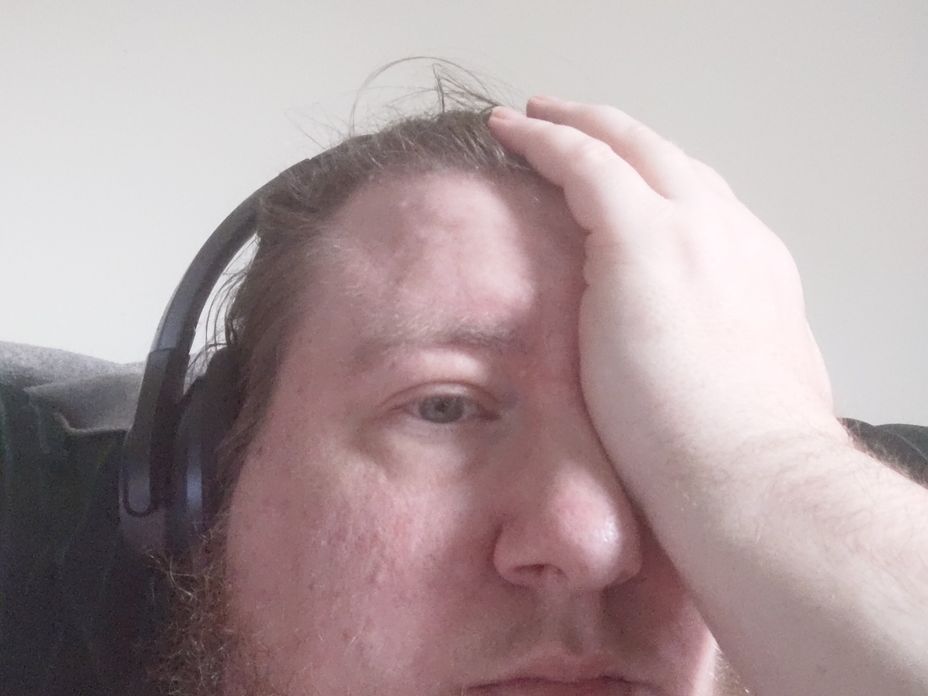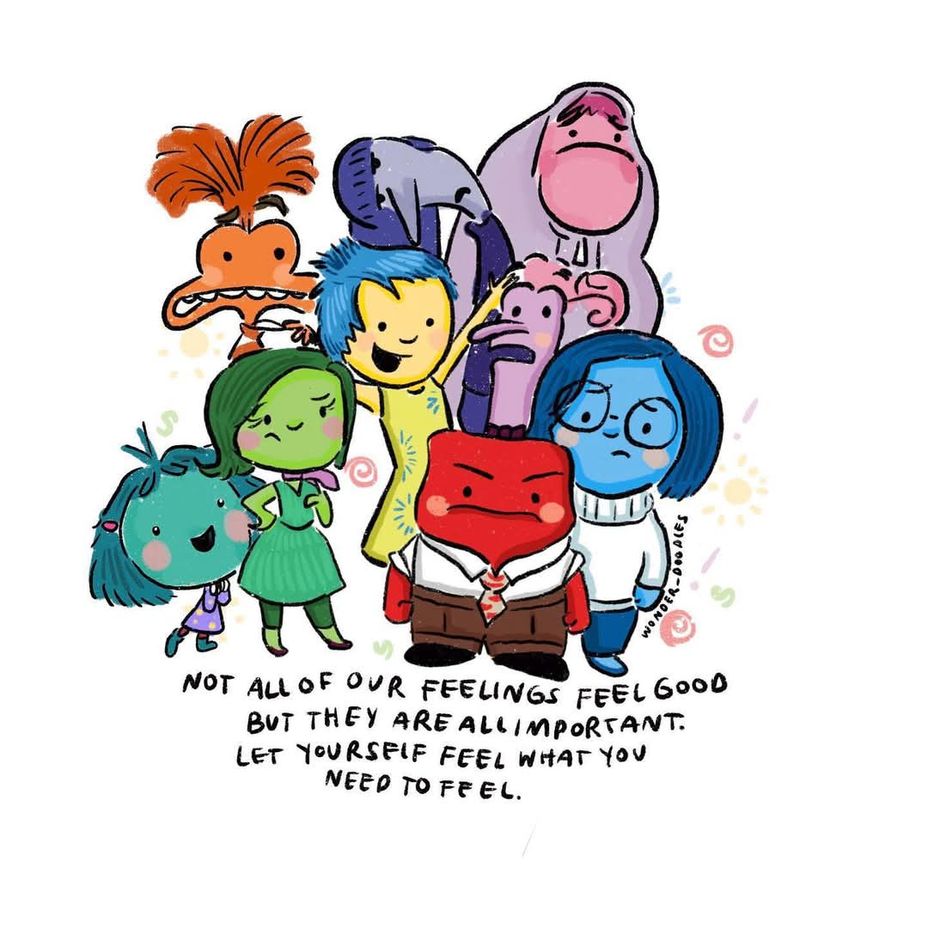I'm cranky
The intensity of the pain is just ridiculous. It's impossible to move without feeling like my legs are being ripped off. I sat here and cried while Pauley was in the kitchen. I don't want her to worry so I'm doing my damnest to hide it. She's burnt out and I know she doesn't have any spoons to help me. I'm trying to do my best to take care of myself.
But it's effecting my mood. I'm really not ok.
I just want to sit swaddled in my blankie with my cow and I want smile potatoes and bacon and scrambled eggs. And a donut.
#imcranky #BackPain #FemoralAcetabularImpingement



